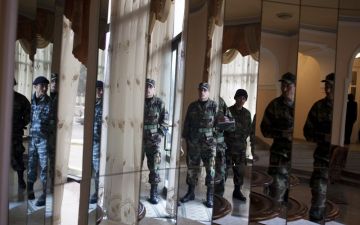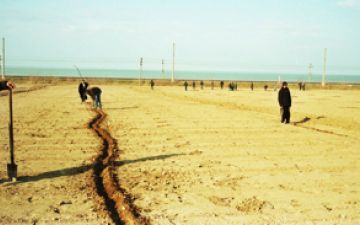The global financial crisis is now reverberating deep inside the Tajikistan's mountainous countryside, where tens of thousands of Tajik men who no longer have jobs in Russia have returned to their villages. In a country already straining to accommodate Tajik refugees from Afghanistan, the government's chronic mismanagement has amplified the power and food shortages that permeate the countryside.
Tajikistan is a window into the turbulence shaking the entire post-Soviet space. The country is also on the front lines of the Obama administration's central foreign policy arena, the war in Afghanistan.
Carolyn Drake and Ilan Greenberg document the country's struggle to cope with an onslaught of returning migrants, refugees, and food security issues in the context of a Central Asia region already challenged by water and energy shortages, falling commodity prices, and dysfunctional governance.



